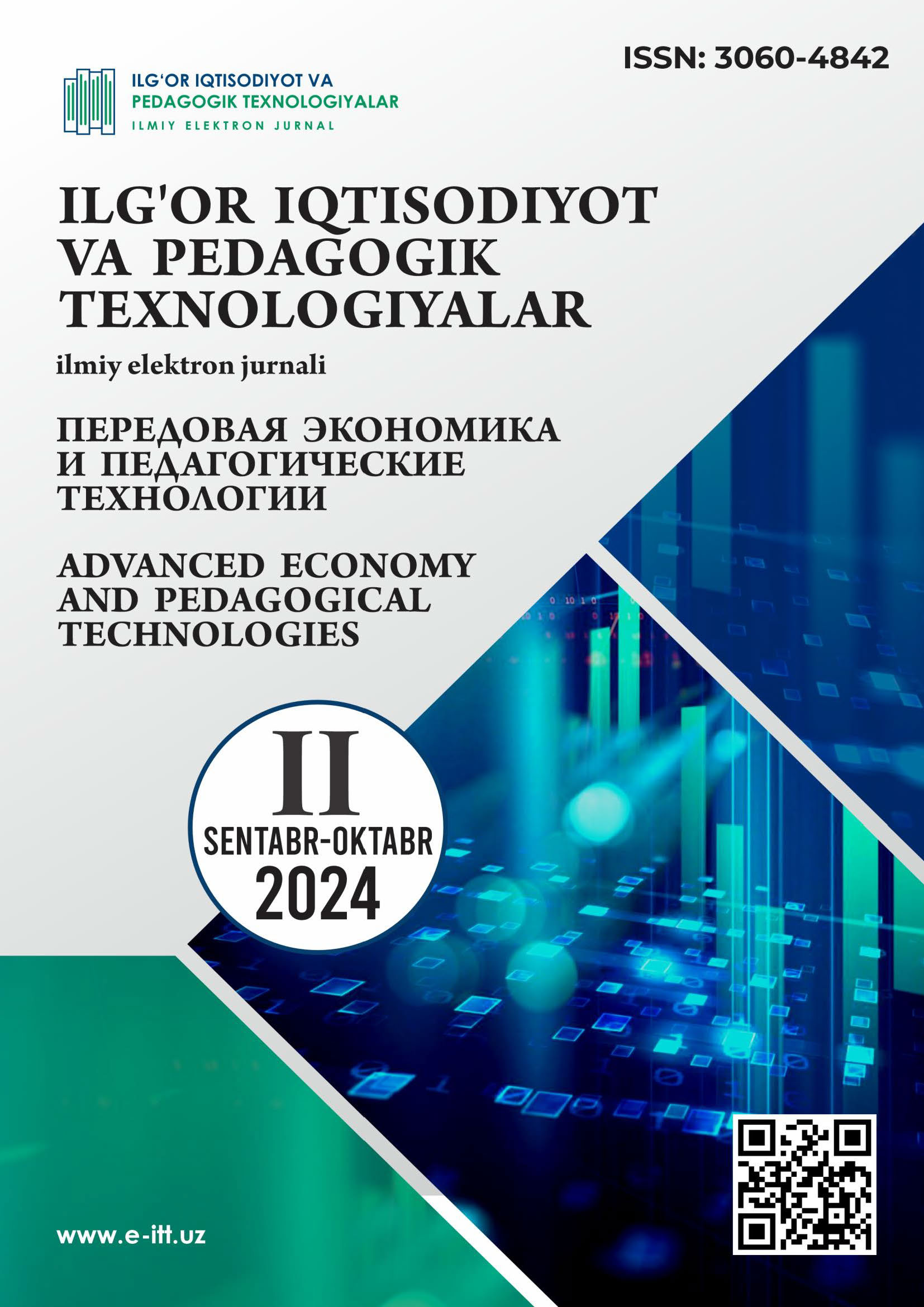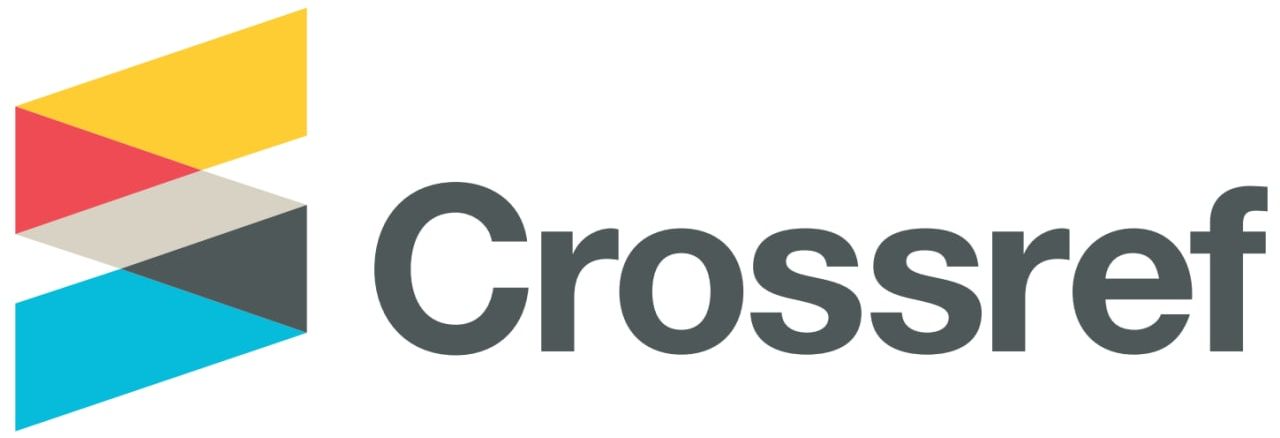GAME-BASED LEARNING: HOW INTERACTIVE GAMES ARE SHAPING FINANCIAL LITERACY IN SCHOOLS
DOI:
https://doi.org/10.60078/3060-4842-2024-vol1-iss2-pp14-19Abstract
This article examines the global trend of teaching economics and finance in schools through interactive games, which make financial literacy more accessible and engaging. The article showcases how game-based methods simplify concepts like budgeting, investing, and market dynamics for young students by examining case studies from the United States, Japan, and Finland. It also addresses the challenges and strategies for adapting these approaches in varied educational contexts, focusing on their potential application in Uzbekistan. Overall, this article highlights the transformative impact of game-based learning on developing practical financial skills and economic awareness among school-aged learners.
Keywords:
moliyaviy savodxonlik o‘yin asosidagi ta'lim iqtisodiyot ta'limi interaktiv simulyatsiyalar o‘quvchilar ishtiroki amaliy ko‘nikmalar taqqoslamali tadqiqotReferences
Almeida, P. A., and Mendes, A. M. (2019). "Game-based learning in economics education: Enhancing engagement and collaboration among students." Journal of Economic Education, 50(3), 241-255.
Cantoia, M., Clegg, A., & Tinterri, A., (2023). Training teachers to design game-based learning activities: Evidence from a pilot project. Computers in the Schools, [online] Available at: https://doi.org/10.1080/07380569.2023.2271462 [Accessed 11 November 2024].
Carvalho, J.C.Q., Beltramini, L.M., & Bossolan, N.R.S., (2019). Using a board game to teach protein synthesis to high school students. Journal of Biological Education, 53(2), pp.205-216. Available at: https://doi.org/10.1080/00219266.2018.1469532 [Accessed 11 November 2024].
Holden, R., Kalish, C., and Zimmerman, D. (2020). "Simulation games in teaching economics: Effects on student motivation and learning outcomes." Education Economics, 28(2), 163-179.
Kalmi, P. & Sihvonen, T., (2021). Education or entertainment? On the potential of games in financial education. In The Routledge Handbook of Financial Literacy. pp.259-270. Available at: https://doi.org/10.4324/9781003025221-22 [Accessed 11 November 2024].
Martynets, L., Stepanchenko, N., Ustymenko-Kosorich, O., Yashchuk, S., Yelisieieva, I., Groshovenko, O., Torichnyi, O., Zharovska, O., Kademiya, M., Buchatska, S., Matsuk, L., Stoliarenko, O., & Zarichna, O., (2020). Developing business skills in high school students using project activities. Revista Românească pentru Educaţie Multidimensională, 12(4), pp.222-239. Available at: https://doi.org/10.18662/rrem/12.4/343 [Accessed 11 November 2024].
Peña-Miguel, N., & Hoyuelos, M.S., (2014). Educational games for learning. Universal Journal of Educational Research, 2(3), pp.230-238. Available at: http://www.hrpub.org [Accessed 11 November 2024].
Pivec, P., (2009). Game-based learning or game-based teaching? Becta. Available at: https://core.ac.uk/display/4151799 [Accessed 11 November 2024].







